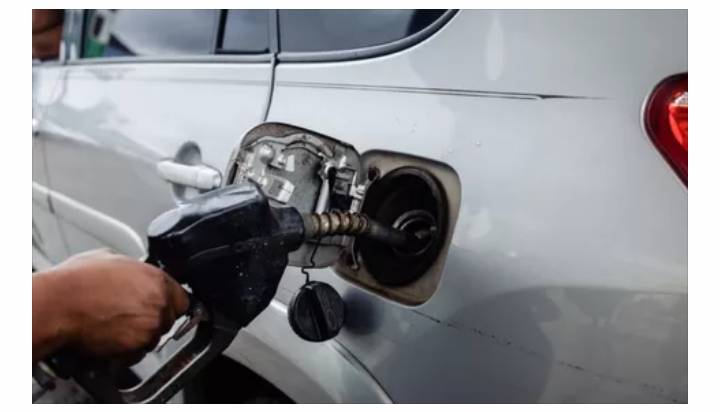As of December 2024, fuel prices across Africa exhibit significant disparities, influenced by factors such as government subsidies, local production capacities, and economic policies. According to data from GlobalPetrolPrices, the following ten African countries offer the lowest petrol prices per liter:
- Libya: $0.031 per liter
- Angola: $0.329 per liter
- Egypt: $0.335 per liter
- Algeria: $0.343 per liter
- Sudan: $0.700 per liter
- Ethiopia: $0.718 per liter
- Nigeria: $0.768 per liter
- Tunisia: $0.800 per liter
- Gabon: $0.952 per liter
- Ghana: $1.95 per liter
Libya leads with the continent's lowest petrol price, attributed to substantial government subsidies and its status as a major oil producer. These subsidies are designed to make fuel affordable for citizens, despite the economic challenges they may pose. citeturn0search0îˆ
Angola and Egypt follow, with prices of $0.329 and $0.335 per liter, respectively. Both nations benefit from significant oil production, enabling them to maintain lower fuel prices domestically. In Egypt, government policies aimed at stabilizing fuel costs contribute to these lower prices. citeturn0search0îˆ
Algeria, another prominent oil producer, offers petrol at $0.343 per liter. The government's control over fuel pricing and subsidies ensures affordability for its population. citeturn0search0îˆ
Sudan and Ethiopia, with prices of $0.700 and $0.718 per liter respectively, have lower fuel costs due to government interventions and subsidies, despite not being major oil producers. These measures are crucial in supporting their economies and mitigating the impact of global oil price fluctuations. citeturn0search0îˆ
Nigeria, at $0.768 per liter, has historically maintained low fuel prices through subsidies. However, recent economic reforms and currency devaluation have led to adjustments in fuel pricing. The commissioning of the Dangote refinery is expected to influence future fuel prices by increasing local production capacity. citeturn0news8îˆ
Tunisia and Gabon, with prices of $0.800 and $0.952 per liter respectively, manage to keep fuel prices relatively low through subsidies and local production. These strategies are aimed at supporting their economies and ensuring energy accessibility. citeturn0search0îˆ
Ghana, despite being an oil producer, has the highest petrol price among the top ten, at $1.95 per liter. This is due to factors such as import costs, taxes, and currency exchange rates. The government is exploring options to reduce fuel prices, including potential imports from Nigeria's Dangote refinery once it reaches full capacity. citeturn0news9îˆ
In summary, while oil production capacity plays a significant role in determining fuel prices, government policies, subsidies, and economic conditions are equally influential. Countries like Libya and Angola leverage their oil resources to provide low-cost fuel, whereas nations like Ghana face challenges that result in higher prices. Understanding these dynamics is essential for comprehending the economic landscape of fuel pricing across Africa.
navlistRecent Developments in African Fuel Marketsturn0news8,turn0news9îˆ




No comments yet
Be the first to share your thoughts!